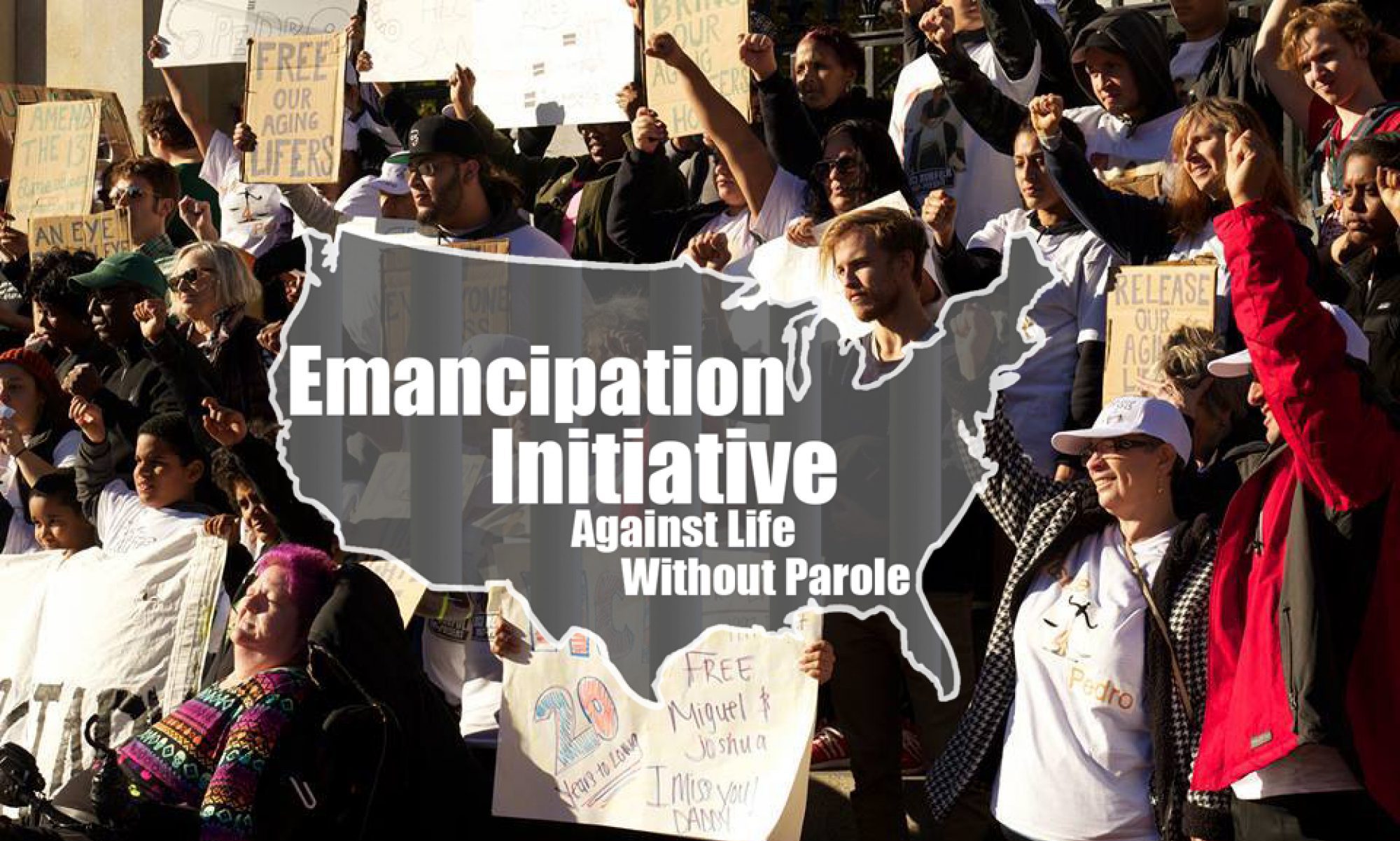Meaningful Programming in the Massachusetts Department of Correction (DOC)
Recently there has been a lot of talk about “Justice Reinvestment” in the MA DOC, and around the state house. There is much talk of the feel good politics of being “Smart of Crime” and not wasting to much money on prisons. I write this from a perspective of a person who entered the MA DOC at the age of 19 some 28 years ago. I have made more than my share of tragic decisions in life, which has kept me locked in a prison cell for so many years. With this I am speaking of my perspective on the state of meaningful programming in the MA DOC and some of my thoughts and observations.
I am the Majority Co-Camp Chairman of the Norfolk Inmate Council (NIC). This is an organization which called for the personal responsibility of the prisoners at MCI-Norfolk to create a Community Prison in order to better equip people to reenter society. Today this is only a shell of the former powerful inmate run organization. However being in this position I have a unique view of prison culture going on. I am able to meet with administrators once a month and attempt to hash out issues. The more interesting aspect for me is the motives behind what is going on and the talk of programming and rehabilitation but the a stance of punishment.
Within DOC facilities many prisoners are unable to attend programming based on waiting lists and COMPAS scores or time to release. Therefore this precludes most people serving life sentences from entering programming until the end of their/our sentences. Much is spoken of to incentivize prisoners to become involved in programming. The DOC has come up with this process called “Program Engagement Strategy” (PES). To the prison population PES means nothing more than a sanction. The MA DOC has spun this into prices sin which if a prisoner does not engage in the program that the DOC’s COMPAS states is needed then the prisoner will suffer a loss of single cell status, job etc. If a prisoner signs up for a program and forgets to attend, but remembers later on there is still sanctions suffered in most cases. This is not a change in the prisoners mind set but program participation by threat of sanction. Not really a mindset anyone should want built into prisoners. Now through many meetings with administrators I have found that even staff are required to meet numbers for programs or they suffer harsh ridicule from upper level administrators. If a program or education staff person feels that having more long term/lifers engaged in programs is positive because later on these people can serves as mentors for the younger men who do not engage in programming under any circumstances, they are told they are not meeting their quotas. Quotas are never a determination to meaningful programming. And educated Lifer will serve as a positive influence for the population in the classroom and the yard. These people bring education, experience and encouragement to others to invest in their own growth and successful reentry and parole.
Parole should be better informed as to the programming available and not available within the MA DOC and partner with the DOC to assure their requirements are available during incarceration. For many an incentive can be earned good time in order to encourage men to become engaged in programming. Not just to become involved, nut to practice those skills while incarcerated, and after release, should be the main goal.
Another aspect of meaningful programming would be to promote pro-social support networks in society. This can be accomplished via allowing for a in reach style approach back to the community in which will allow more of society to become involved in programs, education & reentry services. This will many times build relationships with people that can help support a move away from the old negative criminal social settings which got many people into prison. This will further reinforce engagement by the prisoner as well as the community. Parole requires a pro-social network for release. Allowing the community to become engaged in the rehabilitation process will effect not only the rehabilitation process but the mind, and heart of the prisoner as well. A stumbling block to this is that MA DOC policy states that volunteers cannot have contact with prisoners after release. This stumbling block has been removed in at least on house of corrections with much success. Many times these volunteers (school, religious, program) are the only positive (pro-social) relationships prisoners have been in and the MA DOC should encourage this to assist people in reentry to the community with a support base such as this. The most meaningful aspect of this component would be a continued positive relationship after release based n trust and the relationship which has been built while in custody. This would be behavioral treatment as it’s best.
In sum, meaningful programming is not about certificates or good time but a connection with he mind and heart of the individual who’s behavioral health is at stake.
William Ducl

